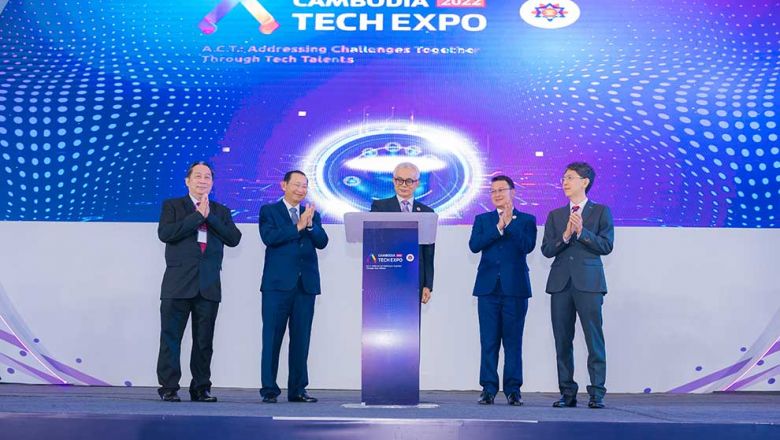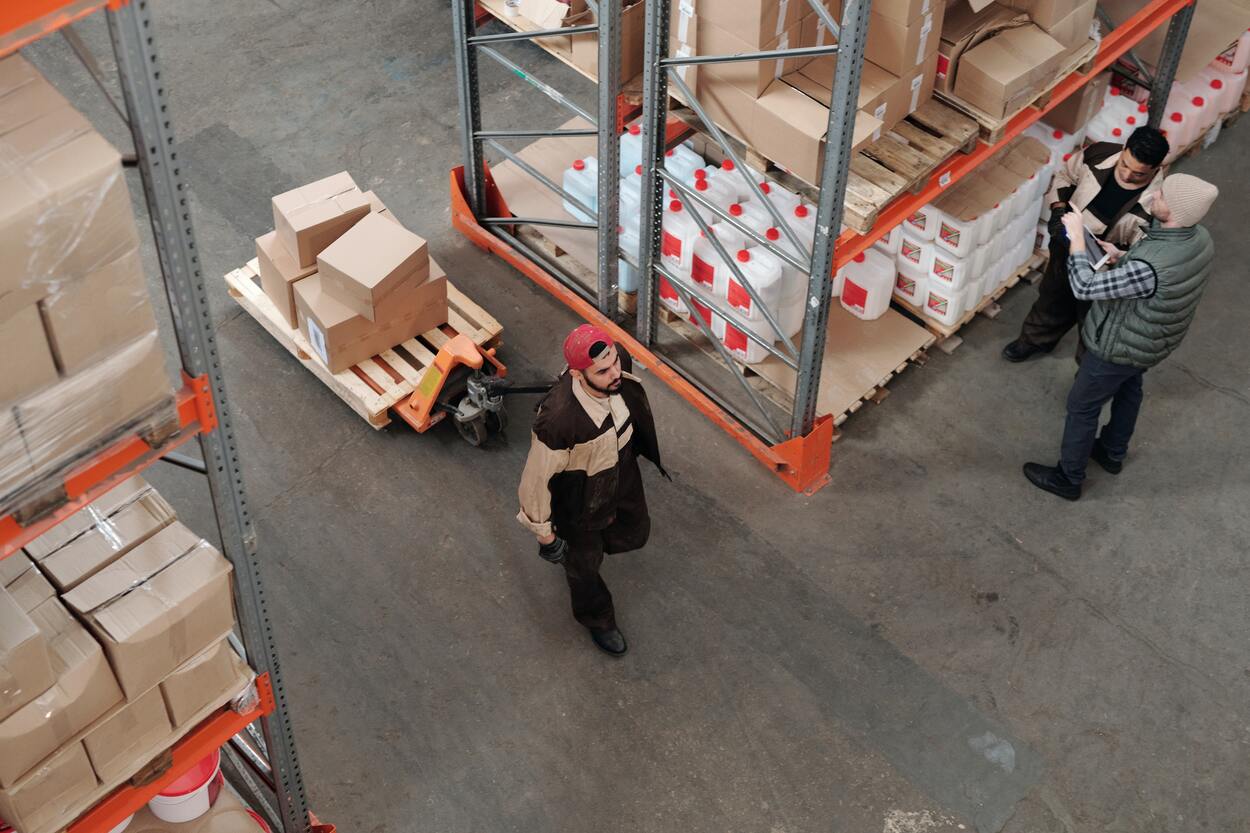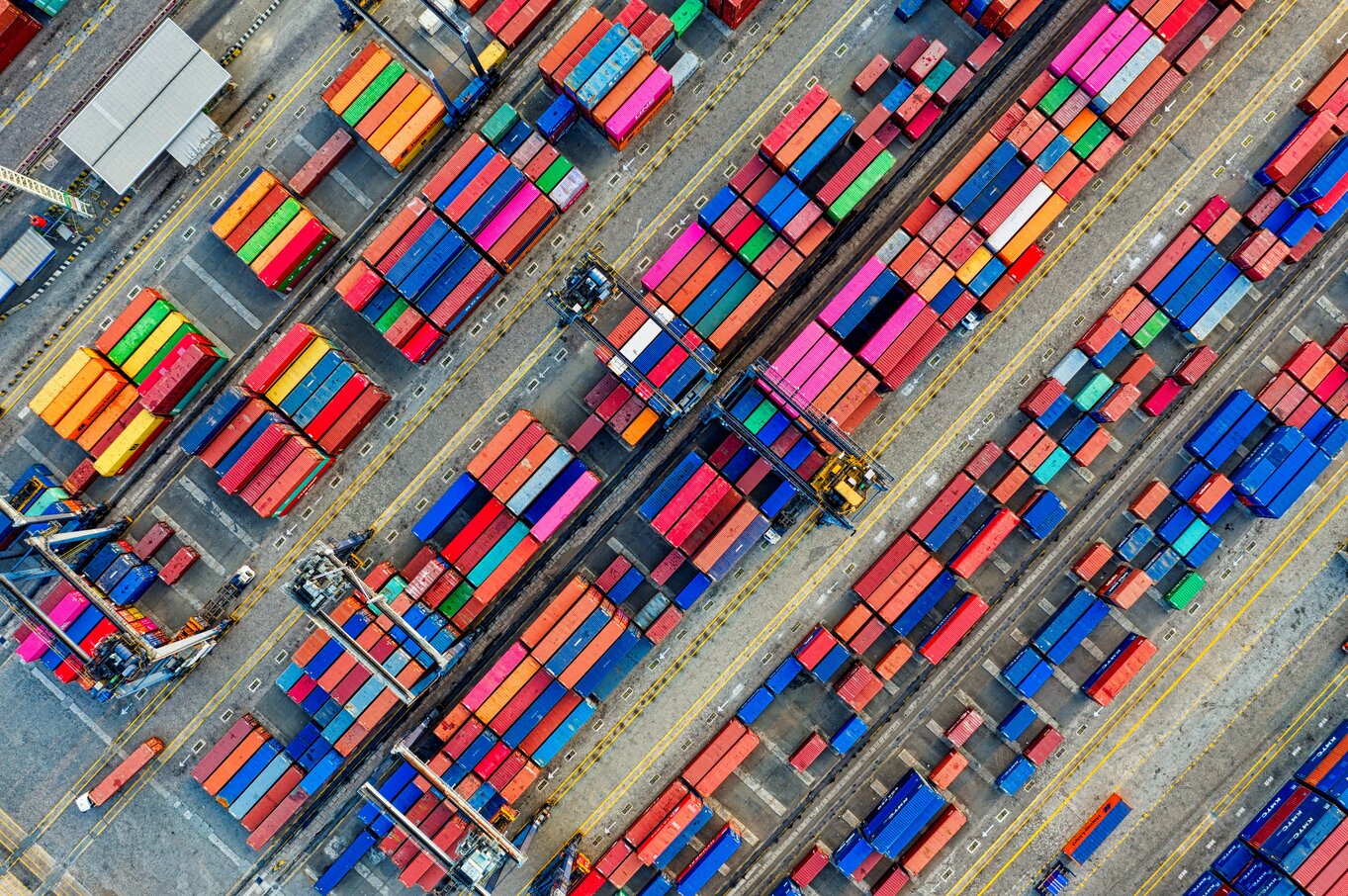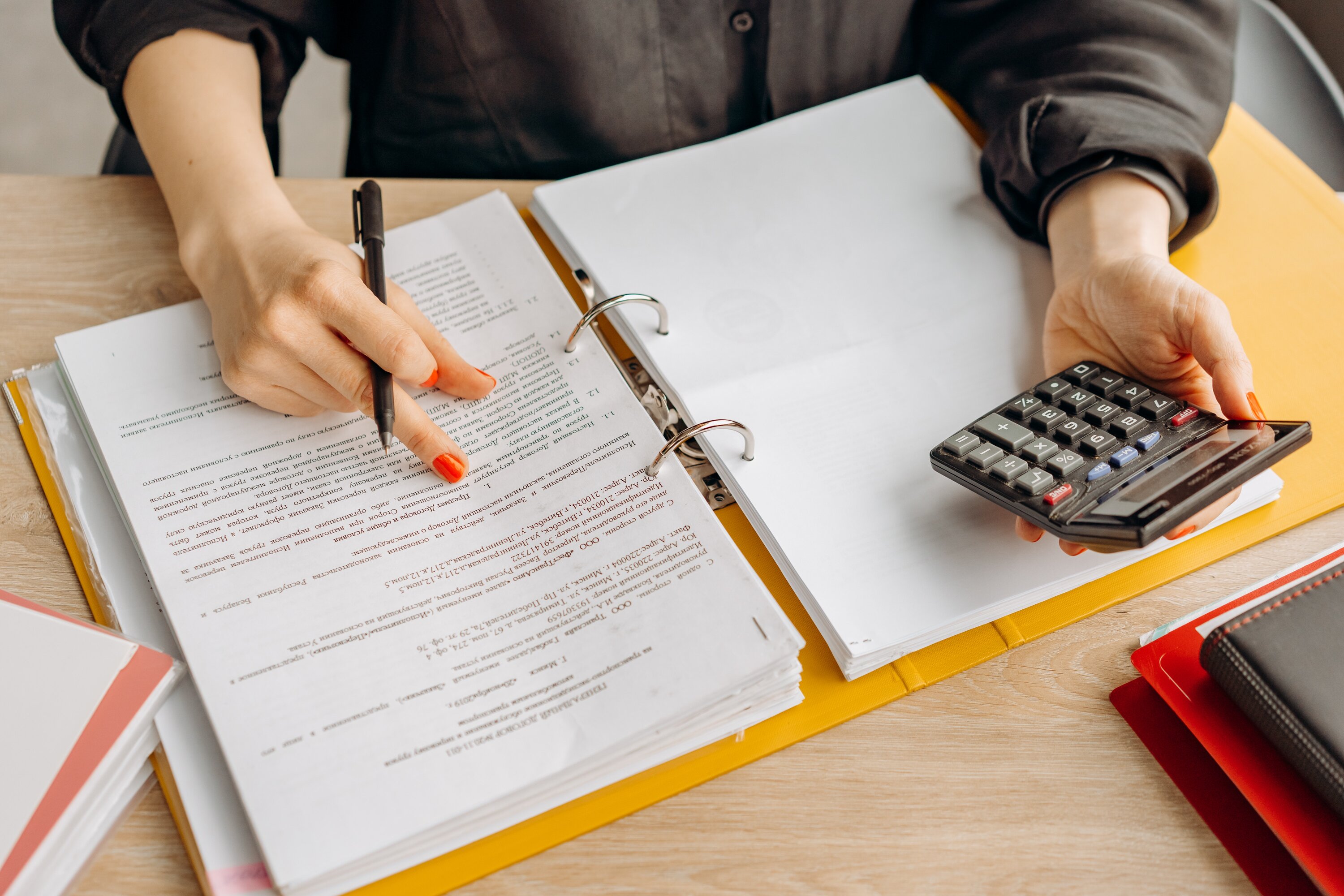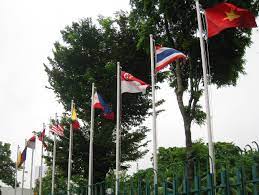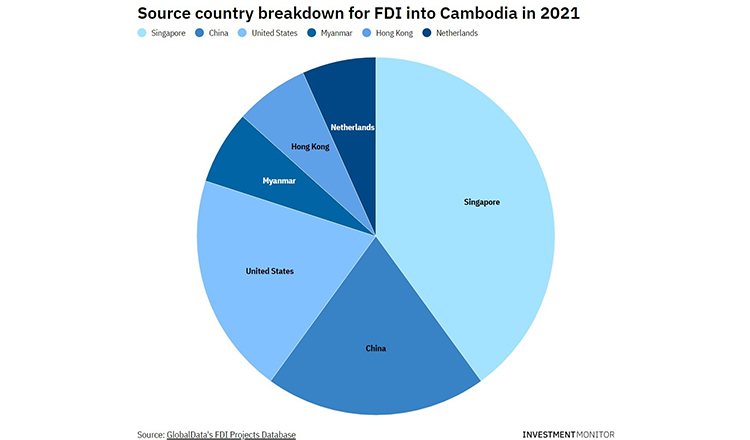AS THE world hurtles towards a transition to renewable energy, South-east Asia is emerging as one of the fastest growing solar energy markets.
Driven by rising demand for electricity, sunny weather and government policies, Asean's solar energy development has accelerated in recent years; and industry observers are tipping the region as a key player in the value chain of the future.
Solar energy has been forecast to drive the largest impact in energy transition. The segment represents a US$20 billion opportunity by 2030, said a Bain & Co report, and is one of the top carbon abatement levers for South-east Asia.
Electricity production in the region depends heavily on coal and oil. But countries such as Singapore and Thailand, where companies Sunseap Group and Constant Energy are based, have embarked on several solar power projects.
"This ramp-up is because Asean is prioritising solar power as the alternative fuel to displace fossil fuel in its recent power development plans," said Gregory Seow, Maybank Singapore's head of global banking and global head of the financial institutions group. He noted the region's potential to shore up its position in this space, driven by its high electricity demand with a combined population of about 673 million people.
Seow added: "Asean is also seeking to grow its dominance in the global solar supply chain through three areas: introducing new renewable energy laws; increasing large-scale installations of solar and wind power; and installing floating solar panels."
The segments of commercial and industrial, and utility-scale project development offer the most attractive investment opportunities due to market maturity and potential returns, with an estimated internal rate of return of 8 to 15 per cent, Bain's 2022 report noted.
The South-east Asian market size for these two sectors combined are expected to yield US$16-20 billion by 2030.
And while China has been the dominant player in the global solar energy market, it has been increasing its solar investments in Asean to align with its One Belt, One Road projects in the region.
In July, the International Energy Agency warned that China's domination of global solar panel markets has led to a supply chain that is too reliant on that single market. China holds a market share of more than 80 per cent for all manufacturing stages of solar panels, said the Paris-based agency.
As governments begin to focus more on solar panel supply chain diversification, South-east Asia could emerge as an important player in sustainable energy production.
Governmental efforts
Thailand, Vietnam, the Philippines and Malaysia account for close to 98 per cent of the solar capacity in the region, noted IHS Markit.
Though land-scarce Singapore has fewer options for renewable energy, its government has big ambitions for the city-state's solar industry. It aims to deploy at least 2 gigawatt-peak (GWp) of solar energy by 2030, which should power about 350,000 households for a year.
Led by the Economic Development Board (EDB) and Housing Development Board (HDB), the SolarNova programme was launched in 2014 and aims to accelerate the deployment of solar photovoltaic (PV) systems in Singapore. HDB announced a new solar target of 540 megawatt-peak (MWp) by 2030, after having achieved its earlier solar target of 220 MWp.
Singapore has become one of the most solar-dense cities in the world, having multiplied its solar capacity by more than seven times since 2015. Besides building floating solar farms at reservoirs, it is piloting a new type of floating solar panel system to be placed at sea and withstand tough weather conditions.
Thailand, the largest producer of solar energy in South-east Asia, aims to increase the proportion of renewable energy used to produce electricity to 50 per cent in 2050, up from 20 per cent in 2021.
Investors are being offered feed-in tariff (FiT) subsidies to encourage investments in solar energy projects - similar to Vietnam, whose solar industry has seen exponential growth. A FiT is a policy designed to spur the development of renewable energy projects by buying energy at an above-market long-term, fixed-price rate.
In September, Thailand's government published regulations for power plants to buy electricity from renewable energy sources from 2022 to 2030 under a FiT scheme, without the need for them to pay fuel costs.
Indonesia, home to the region's largest population, has set targets for renewable energy to represent at least 23 per cent of the energy mix by 2025, and at least 31 per cent by 2050. Some of the country's biggest coal companies, conscious of the global shift, have invested in startups working on solar power.
Bottlenecks
Still, challenges remain. Indonesia's archipelagic nature contributes to difficulties within the transportation infrastructure for solar materials, said Shawn Chen, director of sales and South-east Asia at logistics company CH Robinson, in a commentary published last March.
Chen noted that as solar projects are ramped up, more high-value and oversized solar panels and materials will need to be transported across the region at a faster pace.
Dale Hardcastle, expert partner and director of Global Sustainability Innovation Center at Bain, said each country has unique bottlenecks that can make solar projects challenging.
"Selected incentives in South-east Asia are not conducive (for example, expired or unclear FiTs in the Philippines and Vietnam) and policies have not been supportive (for instance, state-owned companies in Indonesia face strict requirements that may affect adoption, and there's been no acceptance of large-scale projects under the FiT in Thailand)," Hardcastle said.
He added that for significant scale-up of projects to happen, more collaboration should be sought with capital providers to improve financing terms for green projects. Market structure changes are also due - such as an increase in capacity allocation in tenders, which will allow proficient developers to harness economies of scale for electricity generation.
South-east Asia could also have an important role to play after global supply chain disruptions affected the movement of solar panels, high-capacity batteries, charge controllers and other essential raw materials.
These materials are mainly sourced from the United States, Europe and China, Hardcastle said, with almost no specialised producers present in South-east Asia. The region is, however, becoming a satellite for Chinese manufacturers looking for ways to get around US sanctions.
Maybank's Seow said: "Asean will need to continue stepping up its efforts through regulatory policies, harnessing technology and developing regional collaborative partnerships towards sustainable development of solar energy to extend its position in the solar energy scene."
Source: The Business Times
Read more here


